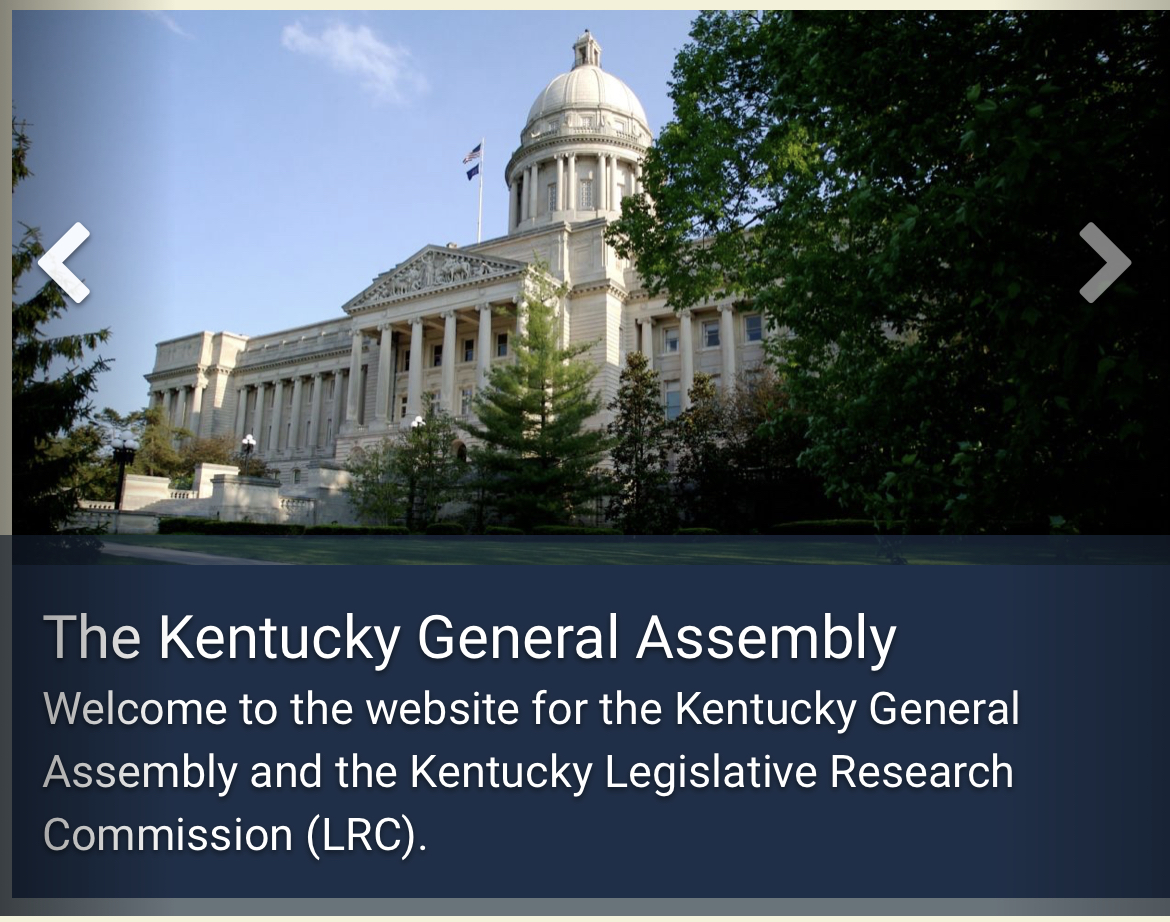
Across the nation -- and particularly in Arizona and Mississippi -- opposition is rising to state legislatures' direct and indirect efforts to exclude themselves from public oversight.
A chorus of newspapers, including The Washington Post, have exposed -- if not decried -- this groundswell of legislative secrecy.
For nearly a half century, Kentucky’s open records and open meetings laws applied, in law if not in fact, to the Kentucky General Assembly and the Legislative Research Commission.
Over time, we ignored lawmakers' flagrant abuses of the open meetings law, effectively throwing in the ceremonial towel.
The most recent example of abuse? The Department of Juvenile Justice Workgroup -- "created during the first week of the 2023 General Assembly, following passage of a resolution, amid concerns over a wide variety of issues within DJJ" -- which has conducted critical public business, and arrived at a series of recommendations, entirely behind closed doors.
This prompted Gov. Andy Beshear to observe that the workgroup "met behind closed doors. What they requested was to have certain employees walk into a room, close it with no recording, and no one else with them. That’s not reasonable. If we tried to act that way in the Executive Branch, it would violate the Open Meetings Act.”
Who, honestly, can say? The workgroup was so shrouded in secrecy, it is difficult to make an accurate legal assessment.
“We are morphing into a parliamentary system, where members vote the way the party tells them to vote," a dissenting Mississippi lawmaker recently noted in reference to developing legislative secrecy in the Magnolia State. Lawmakers "are fungible goods. They’re in an echo chamber. There’s no one to stand up & say, ‘this is a bad idea.’"
Kentuckians were relatively lucky. From 1976 -- when Kentucky's open records laws were enacted -- to 2021, we were vested with an enforceable right to hold Kentucky lawmakers accountable through their records -- legally if not practically.
In 2021, that changed. Kentuckians permitted lawmaker to strip us of our statutory right of access to legislative records through the open records law.
With little organized opposition, and only a muffled outcry, we yielded nearly 46 years of our sovereignty to Kentucky's lawmakers — allowing elected representatives in the General Assembly to decide what is good for us to know and what is not good for us to know.
Mind you, Kentucky’s lawmakers jealously guarded their records through the years — almost as if they had something to hide!
Indeed, in September 2021, the Kentucky Supreme Courtforcefully reminded the General Assembly that legislative records belong to the public. The Court rejected that august legislative body’s Declaration of Independence from the open records law in a case involving access to an LRC staffer's sexual harassment complaint against Kentucky Representative Jim Stewart.
But by then it was too late. The open records law — enacted by the General Assembly in recognition of the fact that “the formation of public policy is public business” and that “free and open examination of public records is in the public interest” — had been statutorily preempted by a state legislative "records access" law that applied to only a handful of already public legislative records and provided limited access at best.
Having eliminated in 2003 the public's right to appeal denial of access to legislative records to the Attorney General's Office, state lawmakers in 2021 also eliminated the public's right to appeal denial of access to legislative records to the courts.
Would that there had been equally vocal opposition to legislative secrecy then as now.
Given Kentucky lawmakers' indifference to the will of their constituents -- as evidenced in their inexplicable resistance to, among other things, reasonable medical marijuana and sports wagering legislation -- it likely would have made no difference.
And this, in the end, is why greater legislative transparency — in Kentucky and elsewhere — is an imperative.



